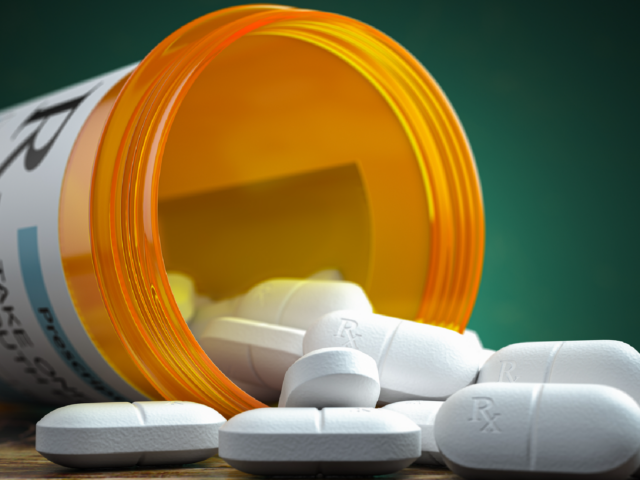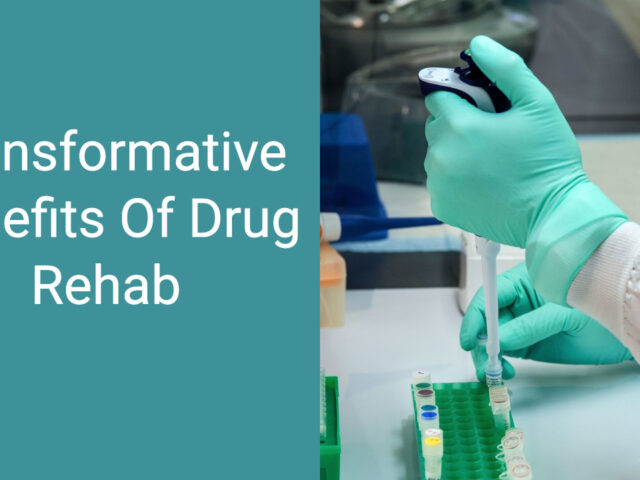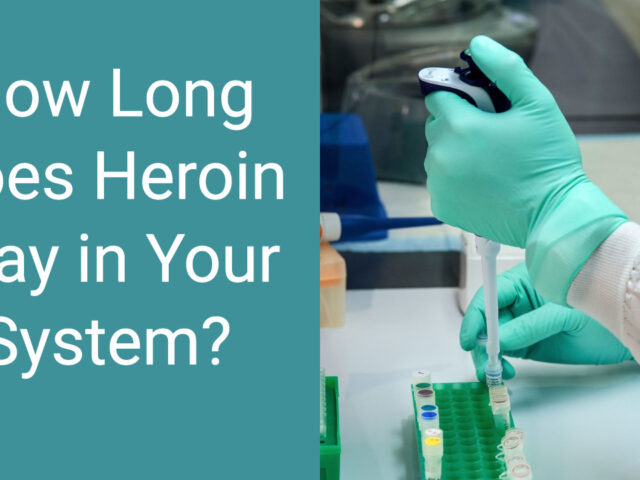Relapse occurs when a person starts abusing drugs and alcohol again after having been sober for a period of time. While no one ever wants to go backwards by way of relapse, it is not uncommon among those in recovery. Approximately 40-60% of recovered addicts and alcoholics end up relapsing and rates of relapse vary based on the type of addictive substance a person uses. Relapse rates associated with specific substances are as follows:
- Heroin – 80%
- Methamphetamine – 88%
- Alcohol – 90%
- Cocaine – 23%
- Marijuana – 73%
Relapse is part of recovery whether a person actually relapses or not. If recovered individuals are not actively relapsing, then they are doing things to prevent relapse from occurring. One of the most important things a person in recovery can do to keep from relapsing is developing a relapse prevention plan.
How to Write a Relapse Prevention Plan
If you learn how to write a relapse prevention plan, you can set yourself up for the most success possible. Typically, a relapse prevention plan is developed towards the end of treatment. Prior to your full completion of a treatment program, you will work with a therapist, counselor, or other addiction specialist to frame out what your personal relapse prevention plan will include. The things you should consider most when writing a relapse prevention plan should help determine how you will handle cravings, how you will manage triggers, and who you will lean on for support, to name a few. You can do this by implementing the following within your relapse prevention plan:
- Determine your triggers — By the time you are ready to transition out of treatment, you probably have uncovered the triggers that make you want to use. Write those triggers down as well as specific tactics to avoid each one of them. For example, if you feel like you want to drink when you are around others who are drinking, then make plans to avoid those social situations. Or, if family is visiting for more than a few days triggers you to use, set a limit for visitation.
- Establish your support system — No one can stay in recovery by isolating themselves from others. Make note of those individuals who have supported you and who will continue to support you, such as friends and family. Round out your support system by making plans to remain in contact with patients and staff from your treatment program and by attending local 12-Step meetings in your community. There are no rules about how big or small your support system should be, however the goal is to have positive people in your life who will aid in your continued recovery.
- Set goals — Talk with your therapist or counselor about some goals you want to achieve. Then talk about what goals you need to achieve. For example, you may want to get in top physical shape, but you may need to adjust your gym schedule to accommodate going to meetings or therapy. Your goals can be limitless and numerous, however making sure you maintain balance while setting and achieving goals is imperative.
- List out self-care options — There is no way to avoid the stresses of everyday living or the unpredictability that life can bring. Therefore, it is critical that you know how to practice self-care. Self-care gives you the opportunity to take care of yourself by doing something that brings you happiness, relaxation, excitement, etc. Write down some of the things that you like to do, as well as the things you want to do for yourself to keep your mind, body, and spirit healthy. Keep that list handy so that you can continually refer to it in an effort to care for your wellbeing.
- Develop a plan to enact in the event of a relapse — If you are relapsing, it is already too late to try to develop a plan on how to address it if you haven’t already done so. Therefore, write out a detailed plan of what to do should you relapse. Include contact information for your therapist, a treatment center, and close confidants. Make a copy of your plan and give it to someone you trust so that in the event you do relapse, they can help carry out that plan if you are unable to.
When you take the time to write out a relapse prevention plan, you are actively engaging in your recovery. Of course, no one ever wants to pick up the pieces after relapsing, but, if you have a plan ready, the aftermath of your relapse can be minimal.
Benefits of a Relapse Prevention Plan
Now that you have an idea about how to write a relapse prevention plan, it’s important to understand the benefit of having one. Not only can you minimize the effects of a relapse if one does occur, but you can also benefit from a relapse prevention plan in the following ways:
- Getting regular support from friends, family, and others in your support network
- Learning how to stay away from people, places, and things that aid in your desire to use
- Giving yourself the opportunity to achieve goals that you may have never thought possible
- Keeping yourself on a fairly routine schedule
- Growing in your recovery by participating in 12-Step meetings and therapy sessions
The greatest benefit of having a relapse prevention plan is the investment that you are putting in yourself. When you put your recovery first, there is no telling what wonderful things you can achieve.
Do You or Someone You Love Need Professional Addiction Treatment?
If you are struggling with a substance use disorder and need help, do not hesitate to reach out and call us right now. We know how difficult it is to live with active addiction. We also know that you do not need to keep living that way. With our help, you can stop using and begin creating the life you envision for yourself.
So, wait no longer. Call us today to learn more about the programming we offer. We can help.










